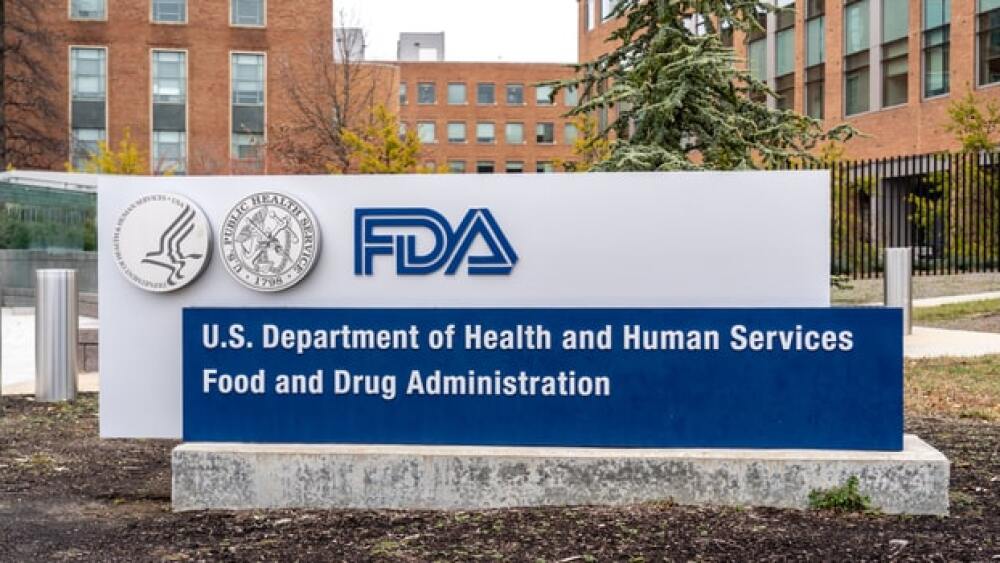As of now, six studies related to islatravir are on full clinical hold, while seven are on partial clinical hold. Here are more updates on the development of this drug.
Recently FDA announced a pause in various trials of the HIV-1 drug islatravir. (Kena Betancur/Getty Images)
On Monday, Merck & Co. announced that the U.S. Food and Drug Administration had placed holds on several clinical trials for the oral and implant formulations of investigation drug islatravir (MK-8591) for HIV-1 pre-exposure prophylaxis (PrEP), the injectable formulation of islatravir for HIV-1 treatment and prophylaxis and the oral doravirine/islatravir (DOR/ISL) HIV-1 once-daily treatment.
As of now, six studies related to islatravir are on full clinical hold, while seven are on partial clinical hold. Islatravir is an inhibitor of nucleoside reverse transcriptase translocation designed to be administered once every month to patients at increased risk of or suffering from Human Immunodeficiency Virus (HIV) infection.
Why Did FDA Decided to Pause the Trials of Islatravir?
The FDA’s move is based on observations of a drop in T-cell counts in some participants receiving the drug. T-cells are critical to proper functioning of the immune system, which helps the body fight infections upon encountering pathogens. Studies showed a decline in total lymphocyte and CD4+ T-cell counts across different company-sponsored trials of islatravir at varying dose levels. There was a dose-dependent reduction in lymphocyte counts in a Phase II study of patients at low risk of HIV-1 infection, though this did not cause clinical adversities. In another two Phase III trials studying islatravir in HIV-1 virologically suppressed patients, a small treatment-related mean reduction in CD4+ T-cell counts was noted.
Addressing the issue, Dr. Joan Butterton, vice president, infectious diseases, global clinical development at Merck Research Laboratories said, “We are grateful to the participants and the study investigators for their ongoing contributions to this research. Merck continues to investigate the potential of islatravir and nucleoside reverse transcriptase translocation inhibitors and remains committed to helping to address unmet needs in HIV treatment and prevention.”
On November 18, Merck announced that it had paused its Phase II IMAGINE-DR trial of a combination of MK-8507, a non-nucleoside reverse transcriptase inhibitor, and islatravir.
Then, on November 23, Gilead Sciences and Merck jointly announced they were pausing a Phase II trial of islatravir and lenacapavir in patients who are virologically suppressed on antiretroviral therapy.
This was followed by Merck’s decision, reported last week, to pause enrollment in two Phase III trials of islatravir (MK-8591)
The company said the temporary enrolment pause would enable it to conduct further analyses of the two Phase III trials, along with other ongoing studies. Based on the recommendation of the islatravir External Data Monitoring Committee (eDMC), Merck was supposed to implement additional monitoring measures, including more frequent assessments of total lymphocyte and CD4+ T-cell counts.
However, now owing to the FDA clinical hold, participants who were receiving the drug, in any formulation, as part of the studies, will stop receiving it henceforth. No new studies related to the drug can be initiated while FDA’s clinical holds are in place, Merck said.





